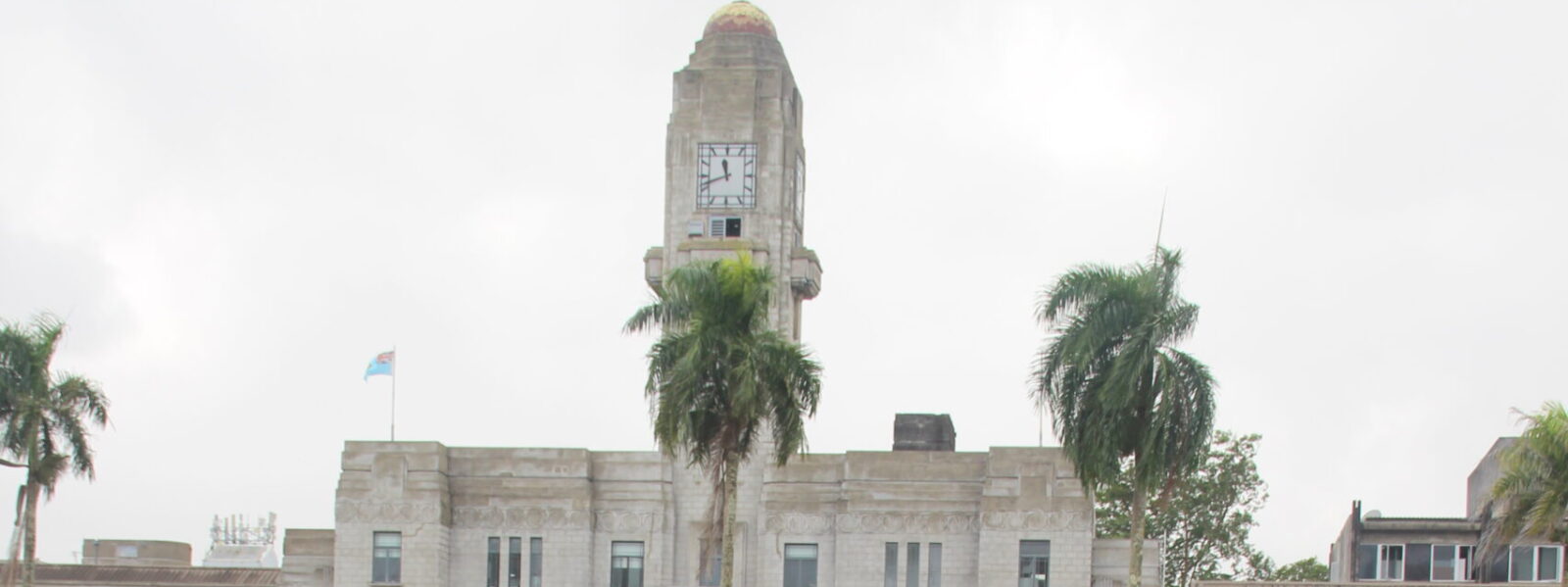Hotel Licensing
Hotel licensing in Fiji is primarily governed by the Hotels and Guest Houses Act 1973, which was amended by the Hotels and Guest Houses (Amendment) Bill 2021. This framework ensures that accommodation providers meet certain standards and contribute to the country’s tourism industry.
1. Licensing Requirement:
- Any person or entity wishing to keep or manage premises for the purpose of a hotel (which includes various forms of accommodation where lodging is supplied for valuable consideration) must hold a valid license issued by the Hotels Licensing Board.
- The definition of “hotel” is broad and can include villas for resort purposes, retirement resorts, and other accommodation types.
2. Application Process and Requirements:
- Applicants must submit a detailed application, often including multiple copies of the premises plan, site plan, and building permits issued under the Public Health Act 1935.
- Evidence from the respective local authority confirming the premises’ suitability for use as a hotel is also required.
- The application process can be time-consuming, involving administrative and logistical steps.
3. License Validity Period:
- Historically, licenses were valid for one year. However, the Hotels and Guest Houses (Amendment) Bill 2021 significantly extended this period to not more than 5 years, aiming to improve ease of administration and doing business.
- Licenses issued before the 2021 amendment remain valid for one year from their issue date unless cancelled earlier.
4. Oversight and Regulation:
- The Hotels Licensing Board is the primary body responsible for issuing and controlling these licenses.
- The Fiji Hotel and Tourism Association (FHTA), while a voluntary industry body, plays a significant role in advocating for its members, establishing industry standards, and liaising with government bodies on policy recommendations, including those related to licensing and regulations. They also have a Code of Practices & Ethics that members are encouraged to adhere to.
- Other government ministries and agencies, such as the Ministry of Health (for health and sanitation standards), the National Fire Authority (for fire safety), and the Ministry of Employment, Productivity and Industrial Relations (for occupational health and safety), also have regulatory oversight that impacts hotel operations and licensing compliance.
- The Ministry of Trade is working on streamlining business applications, including liquor licensing, through platforms like “businessNOW FIJI.”
5. Tax and Investment Incentives:
- Fiji offers various tax incentives to encourage investment in the hotel and tourism sector, designed to promote the construction of new hotels, renovation/refurbishment, and extension of existing ones. These can include:
- Income tax exemptions: For approved new hotels or major refurbishments, the income can be exempt from tax for a period of several years, depending on the capital investment.
- Duty concessions: Approved hotels may be eligible for duty-free importation and waiver of certain taxes (like ECAL) on building materials, furnishings, fittings, and equipment.
- These incentives are granted in stages, with a provisional approval typically granted first, followed by a final approval upon project completion.
6. Other Relevant Considerations:
- Hotels are subject to the Hotel Turnover Tax Act, which imposes a turnover tax on hotel charges, payable by the hotel guest but recoverable by the hotel proprietor.
- There’s ongoing discussion and efforts to refine and streamline tourism-related regulations, including those for hotel licensing, to enhance compliance and support industry growth, with a focus on ensuring fair competition and addressing issues like inconsistent enforcement of regulations (e.g., liquor licensing).
- Tourism Fiji, a key industry stakeholder, monitors accommodation occupancy rates and overall industry performance, highlighting the importance of licensed accommodation providers to the national tourism statistics.
In essence, hotel licensing in Fiji is a multi-faceted process that requires compliance with specific legislation, involves various government bodies, and is supported by industry associations, all working towards ensuring quality accommodation standards and fostering sustainable tourism development.

